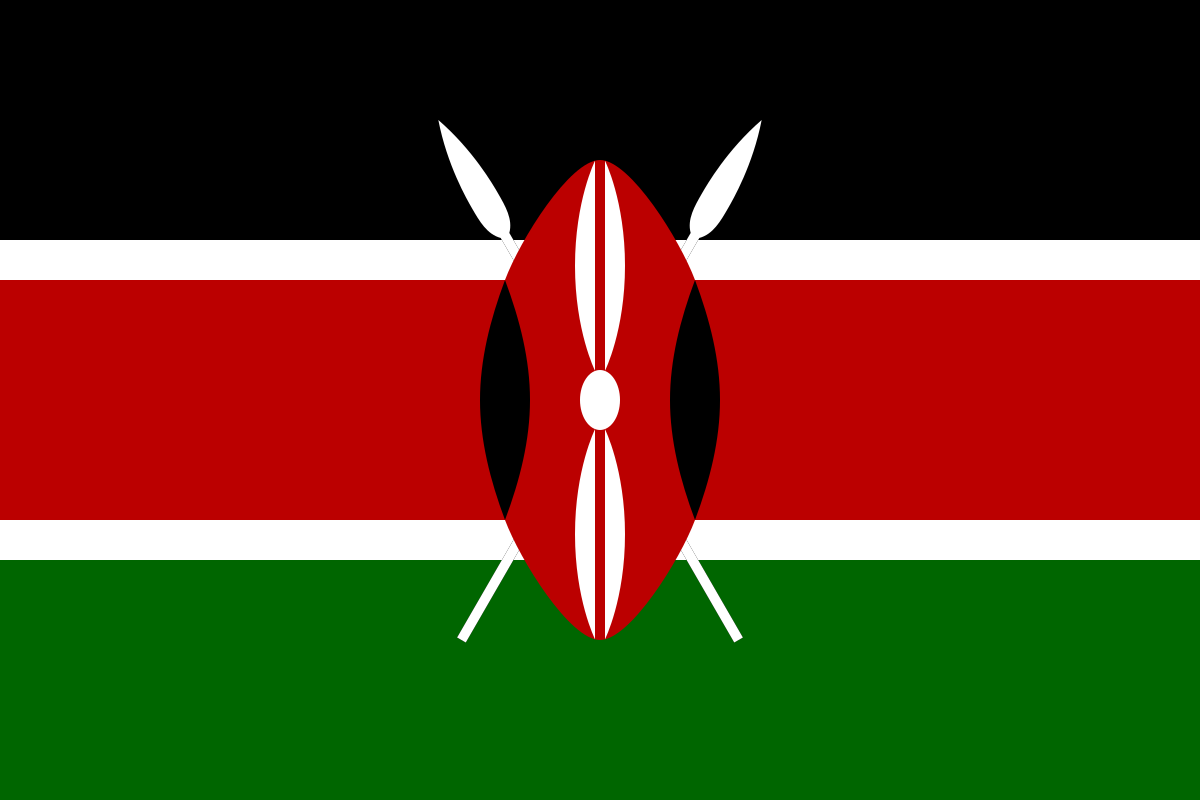- Details
- East Africa
- 860
The Ministry of Health refuted claims linking the rise in respiratory infections to SARS-CoV-2, attributing it instead to an increase in swine flu influenza virus cases Acting Director General for Health Patrick Amoth stated that influenza cases typically peak from February to March and July to November
The Ministry reassured the public of its robust surveillance system monitoring the emergence and spread of flu and other pathogens, including the new SARS-CoV-2 variant JNI Despite increased influenza cases, Amoth warned that influenza infections, while usually self-limiting, can result in severe disease or death in high-risk individuals.
In a statement on Thursday, March 28, Patrick Amoth, Acting Director General for Health, said influenza cases are high from February to March and July to November. He explained that MoH has been monitoring SARS-CoV-2 cases since December 2023, with a focus on the new variant JNI.
"The Ministry of Health has been monitoring influenza cases over the last two decades. We have observed the occurrence of cases throughout the year with an upsurge of cases in two peaks; February to March and July to November.
In addition, the Ministry has been monitoring the SARS-CoV-2 cases with focus on the new variant clade JN1 since December 2023. Recently, the media has reported an increase in the number of patients reporting respiratory infections and have attributed these cases to the COVID 19 (SARS- CoV 2 Omicron JN1)," read the statement in part.
He explained that none of their surveillance had raised an alarm over COVID-19, and there is no significant change in influenza cases. "None of these sites have reported an increase in the numbers of the SARS-CoV-2 (COVID-19) but increased cases of influenza have been reported.
We wish to inform the public that the current increase in numbers is in line with the expected cases of influenza at this time of the year and there has been no significant changes in the number of hospitalizations and deaths reported," he added. However, Amoth stated that influenza infections are self-limiting but may also result in severe disease or death, especially in people at high risk. by Didacus Malowa, Kenyans.co.ke






